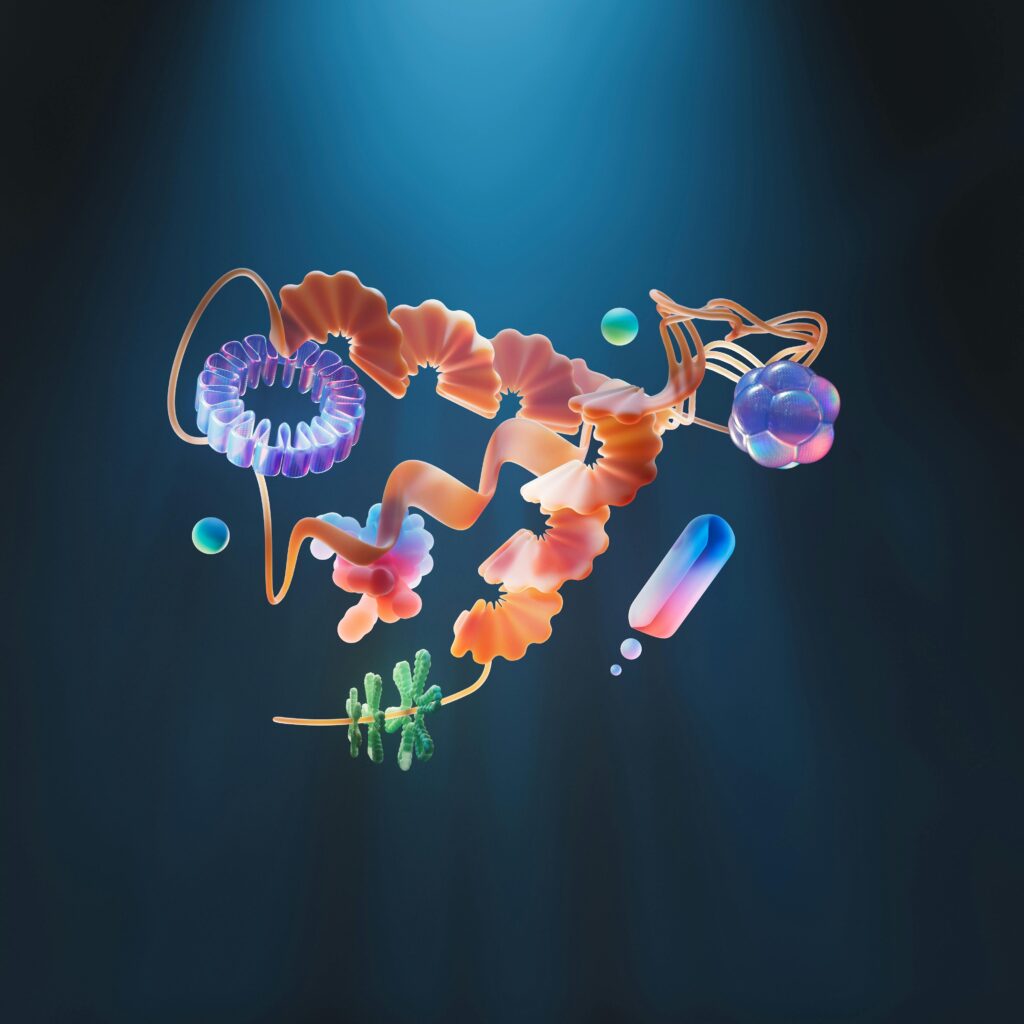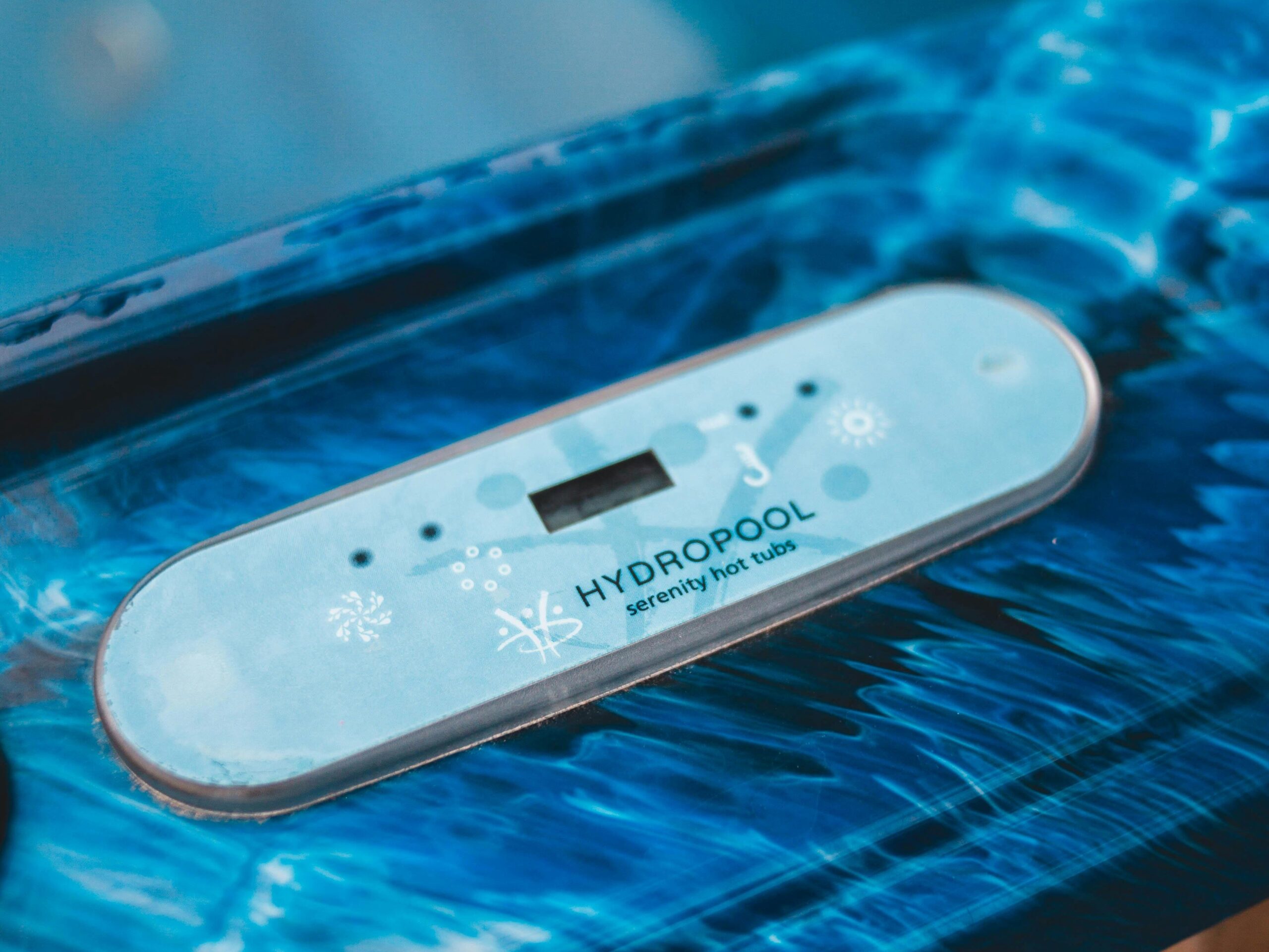Sure! Here’s the revised version of the article without any phrases that might indicate it was written by a robot:
Health Tech Revolution: How AI is Transforming Healthcare in 2025
As we step into 2025, the healthcare landscape is undergoing a seismic shift—one that’s driven by the relentless march of artificial intelligence. This isn’t just a trend; it’s a full-scale revolution reshaping how we approach health and wellness. So, how exactly is AI transforming healthcare? Let’s explore the myriad ways this technology is redefining patient care, diagnostics, and the essence of medical practice.
1. The New Age of Diagnostics
Imagine a world where diagnosing diseases is faster and more accurate than ever before. Thanks to AI, that world is becoming a reality. Advanced algorithms can analyze medical images—think MRIs, X-rays, and CT scans—more precisely than human eyes. AI systems are being trained to identify subtle patterns that even seasoned radiologists might miss. This enhances diagnostic accuracy and expedites the process, allowing for quicker interventions. The implications for early detection of conditions like cancer or heart disease are profound.

2. Personalized Medicine: Tailoring Treatment Plans
Gone are the days of one-size-fits-all treatment approaches. In 2025, AI is ushering in the era of personalized medicine, where treatment plans are tailored to the individual. By analyzing a patient’s genetic makeup, lifestyle, and health history, AI can recommend customized therapies that maximize efficacy while minimizing side effects. Patients can receive medication regimens specifically designed for their unique biochemistry—this is no longer science fiction; it’s happening now.
3. Virtual Health Assistants: Your AI Companion
Picture this: you wake up with a slight headache and instead of heading to the doctor, you consult your AI health assistant. These digital companions, powered by advanced machine learning, can assess symptoms, provide health advice, and even schedule appointments—all in real time. They learn from interactions, improving their recommendations over time. This not only streamlines healthcare access but also empowers patients to take control of their health journey.
4. Predictive Analytics: Anticipating Health Crises
In the realm of preventive healthcare, AI is a game changer. Predictive analytics harness vast amounts of data—everything from genetic information to lifestyle choices—to forecast health issues before they arise. By identifying risk factors, healthcare providers can implement preventive measures, potentially saving lives and reducing healthcare costs. Imagine receiving a notification weeks in advance warning of an impending health risk—this is the future AI promises.
5. Revolutionizing Clinical Trials
Clinical trials, the backbone of medical research, are being transformed by AI. Traditionally lengthy and arduous, AI can streamline participant recruitment by analyzing data to identify suitable candidates. Furthermore, it can monitor patient responses in real time, allowing researchers to adjust protocols swiftly based on feedback. This agility can accelerate the development of new treatments and bring life-saving drugs to market more efficiently.
6. Enhancing Operational Efficiency
Healthcare facilities often face inefficiencies, from scheduling conflicts to supply chain hiccups. AI is stepping in to optimize these operations. By analyzing workflow patterns, AI can streamline processes, predict staffing needs, and even manage inventory more effectively. The result? Reduced wait times for patients, better resource allocation, and ultimately, improved patient care.

7. Telemedicine: Bridging the Gap
The pandemic thrust telemedicine into the spotlight, but in 2025, AI is taking it a step further. Virtual consultations are enhanced with AI capabilities that analyze patient data during appointments, providing doctors with real-time insights. Imagine a physician consulting with a patient via video call while AI algorithms assess vital signs collected through wearables. This level of integration enriches the consultation and ensures timely, informed care.
8. Ethical Considerations and Challenges
Amid this technological marvel, ethical considerations loom large. As AI systems become integral to healthcare, questions arise: How do we ensure data privacy? What happens if an AI makes a mistake in diagnosis? Striking a balance between innovation and ethics will be crucial. Transparent frameworks and robust regulations are needed to safeguard patient rights and ensure accountability in AI-driven healthcare solutions.
9. The Human Touch: An Irreplaceable Element
While AI offers incredible advancements, the human touch in healthcare remains irreplaceable. Empathy, compassion, and understanding—qualities that define patient care—cannot be replicated by machines. The best healthcare systems of 2025 will blend the efficiency of AI with the essence of human interaction, ensuring that technology enhances, rather than replaces, the caregiver-patient relationship.
10. Looking Ahead: The Future of AI in Healthcare
As we gaze into the future, the possibilities for AI in healthcare seem limitless. From breakthroughs in treatment and diagnosis to operational efficiencies and patient engagement, the transformation is just beginning. The question remains: how will we harness this power responsibly and ethically? In 2025, the health tech revolution is not merely about technological advancements; it’s about creating a healthcare ecosystem that prioritizes well-being, accessibility, and humanity.

Conclusion
The health tech revolution is upon us, and AI is at its forefront. As this transformative force reshapes healthcare, it promises to improve outcomes, enhance efficiency, and empower patients like never before. Embracing these advancements while navigating ethical challenges will be key to unlocking the full potential of AI in healthcare. The journey is just beginning, and the future looks bright.
Let me know if you need any further changes!